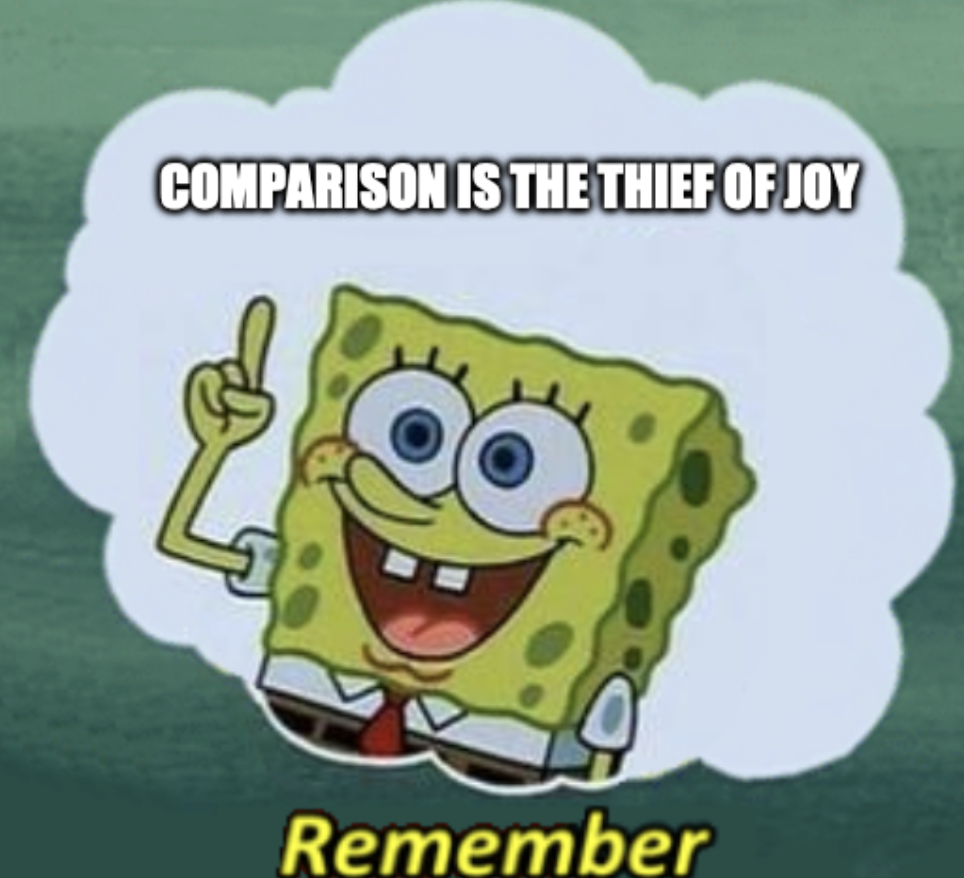By Madeline Baldwin
In college, you’re always learning and absorbing new information. It’s a time when you have the opportunity to expand your knowledge and skills. The ability to accurately recall and engage with information is the key to success in the whirlwind of college life. Studying can feel super overwhelming sometimes, but one strategy to increase the effectiveness of studying is something called the self-reference effect, or the SRE.
Understanding the Self-Reference Effect
Have you ever noticed that when something applies to you directly you tend to remember it better? That’s the self-reference effect at work. In an article by He et al., they define the self-reference effect as “…better memory for self-relevant information than for other-relevant information” (1). In addition to this, in an article by Ross Lawrence et al., they state that “Self-referential encoding also resulted in a higher ratio of “Remember/Know” responses rate than semantically encoded items, denoting stronger recollection. These results suggest self-referential encoding creates a richer, more detailed memory trace which can be recollected later on” (2). Basically, your brain finds information that is personal to you as more meaningful and relevant, making it easier to remember compared to just memorizing the facts alone. Your teachers or professors probably also use the self-reference effect in their teaching! When teachers ask their students to relate something to their own experiences, they’re using the self-reference effect (3).
An example of the self-reference effect in practice is when studying history, relating past events to your world today. When you’re studying, try incorporating personal connections into your learning process. This could involve relating concepts to your own experiences, creating stories or examples that resonate with you, or visualizing how you might use the information in a real-life scenario. When you connect new information to yourself, you’re actively engaging with it. This leads to deeper processing within the brain and better recall. An article by Maki et al. states that “Self-reference seems to facilitate memory only when the to-be-remembered materials are part of the self- or some other known-person schema” (4). This further supports the idea that connecting information to yourself improves recall. Personal connections can also elicit positive emotions that enhance learning and retention.
Relate information to yourself.
Connect new information to your own beliefs, goals, and experiences. If you’re learning about psychological processes, think about how they apply to your own behaviors or thought processes. Make the material more personal.
Create stories or examples that resonate with you.
For example, if you’re studying vocabulary relate each word to a specific experience or memory.
Visualize how you’d use the information in real life.
How can you use the information in a real-life scenario? Imagine yourself applying the information.
Social Comparison
However, “…the self-reference effect on episodic memory can be diminished or even eliminated when the comparison target is a close other such as a parent, friend, or spouse” (5) Bredart states. This means that if you start comparing yourself to someone else, you won’t remember the information as well as if you related the information to yourself. For example, let’s say you’re studying for your upcoming cognitive psychology exam with a friend. Normally, you might think of how the information and concepts relate to you and could be applied in real life. Instead of doing that, however, you start comparing yourself to or focusing on your friend, who seems to effortlessly understand the material. In this scenario, the self-reference effect might be diminished because instead of focusing on how the information relates to you, you’re comparing yourself to your friend and focusing on them. This comparison could also lead to feelings of inadequacy or self-doubt, which could interfere with your ability to engage with the material and remember it effectively.

How Feelings Can Affect the SRE
Emotions can also play a part in how well the self-reference effect works. Fan et al. state that “…negative emotional processing was found to weaken the degree of self-reference effect” (6). Negative emotional processing can distract you from making personal connections, and as a result, you might not remember the material as well as you would if you were in a positive or neutral emotional state. For example, you’re studying for an exam and you’re feeling upset or anxious about a personal issue. Instead of being able to think of how this information relates to you, you may be preoccupied with negative emotions, making it difficult to engage with the content in a meaningful way.

Conclusion
As new college students navigate the challenges of higher education, understanding the self-reference effect can serve as a powerful tool for enhancing learning and recall. By making learning personal, engaging, and emotionally meaningful, you can improve your memory retention and gain a deeper understanding of course material. So when you’re studying make sure to relate material to personal experiences, pay attention to your emotional state, and actively engage with content.
References
(1) He, L., Han, W., & Shi, Z. (2021, February 10). Self-reference effect induced by self-cues presented during retrieval. Frontiers. https://www.frontiersin.org/journals/psychology/articles/10.3389/fpsyg.2021.562359/full
(2) Lawrence, R., & Chai, X. J. (n.d.). Self-referential encoding of source information in Recollection Memory. PLOS ONE. https://journals.plos.org/plosone/article?id=10.1371%2Fjournal.pone.0248044
(3) Make it personal: The self-reference effect. The Emotional Learner. (2018, February 28). https://theemotionallearner.wordpress.com/2018/02/28/making-it-personal-the-self-reference-effect/
(4) Maki, R. H., & McCaul, K. D. (2013, October 24). The effects of self-reference versus other reference on the recall of traits and nouns. SpringerLink. https://link.springer.com/article/10.3758/BF03329817
(5) Brédart, S. (2016, October 24). A self-reference effect on memory for people: We are particularly good at retrieving people named like Us. Frontiers. https://www.frontiersin.org/journals/psychology/articles/10.3389/fpsyg.2016.01751/full
(6) Fan, W., Zhong, Y., Li, J., Yang, Z., Zhan, Y., Cai, R., & Fu, X. (2016, September 2). Negative emotion weakens the degree of self-reference effect: Evidence from erps. Frontiers. https://www.frontiersin.org/journals/psychology/articles/10.3389/fpsyg.2016.01408/full
Hey Madeline,
I really enjoyed reading your blog. It does make a lot of sense that we do realize the stuff that is more important to us more. So, we should be paying attention when we study how it relates to us in order to study. It also makes sense how our emotions impact how we do. Good work!